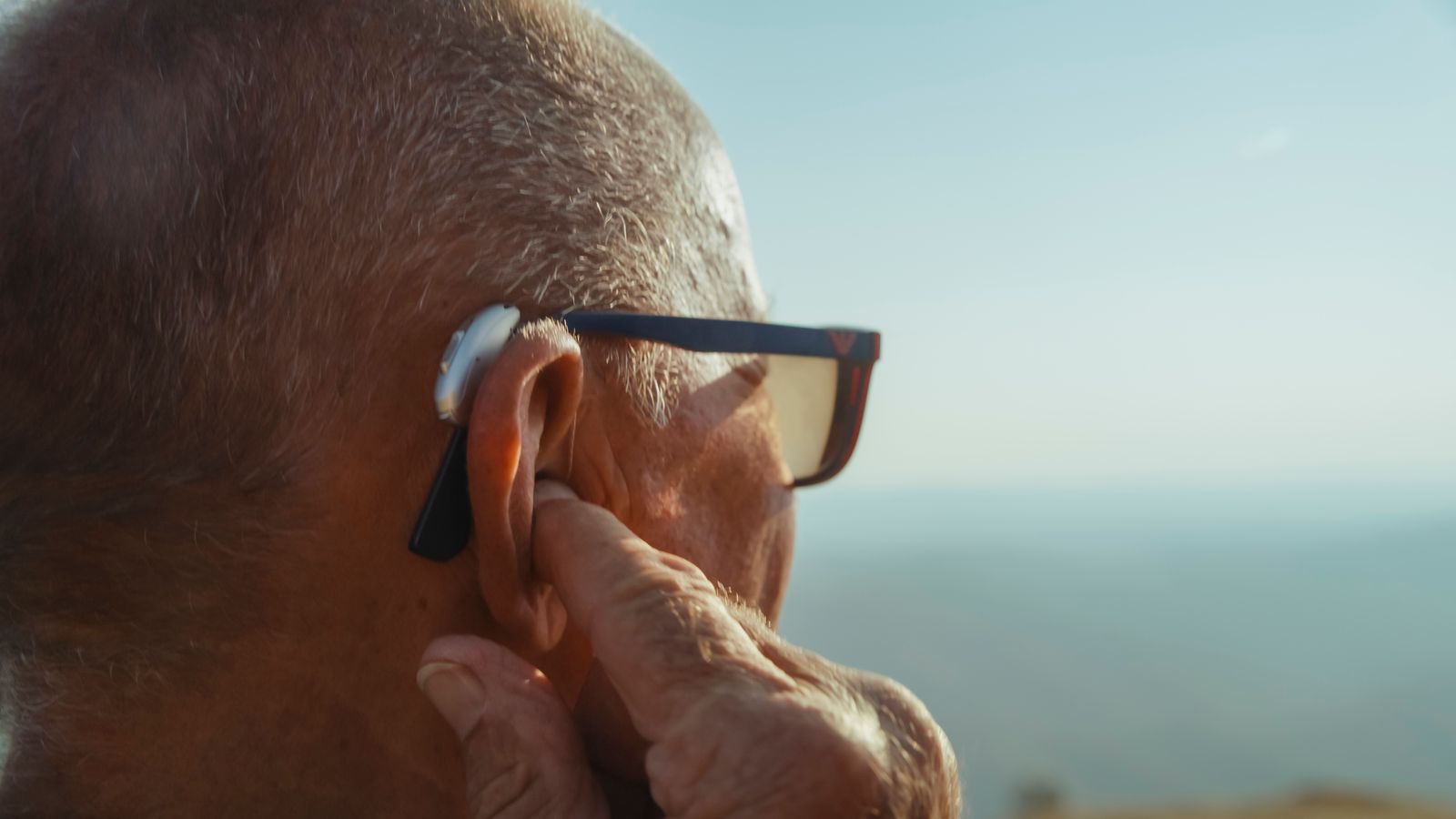New “hearing glasses” are being created that use artificial intelligence to help people hear conversations more clearly in real-time.
Scientists in Scotland are developing a prototype set of glasses that combine lip-reading technology, artificial intelligence and cloud computing to clean up conversations in people’s hearing aids.
The smart glasses are fitted with a camera that records dialogue and uses visual cues to detect the main speaker.
The wearer’s phone then sends the recording to a cloud server, where the speaker’s voice is isolated and background noise removed.
The cleaned-up audio is then sent back to the listener’s hearing aid almost instantly, despite travelling to servers all the way over in Sweden and back.
“We’re not trying to reinvent hearing aids. We’re trying to give them superpowers,” said project leader Professor Mathini Sellathurai, of Heriot-Watt University.
“You simply point the camera or look at the person you want to hear.
“Even if two people are talking at once, the AI uses visual cues to extract the voice of the person you’re looking at.”
Read more science and tech news:
Water shortfall declared ‘nationally significant’
New pancreatic cancer vaccine shows promise in trial
Could flashing mouthguards help rugby’s safety problem
Over 1.2 million UK adults struggle with ordinary conversation because of hearing loss, according to the Royal National Institute for Deaf People.
Although noise-cancelling technology does exist for hearing aids, it often struggles with voices overlapping in conversation or when there are lots of different background noises.
The researchers say that by using cloud servers to do the heavy lifting on cleaning up audio, the glasses can take advantage of powerful artificial intelligence while still being wearable.
They hope to have a working version of the glasses by 2026, and are already speaking to hearing aid manufacturers about ways to reduce costs and make the devices more widely available.
Scientists from Heriot-Watt University led the project and worked with researchers from the University of Edinburgh, Napier University and the University of Stirling.
